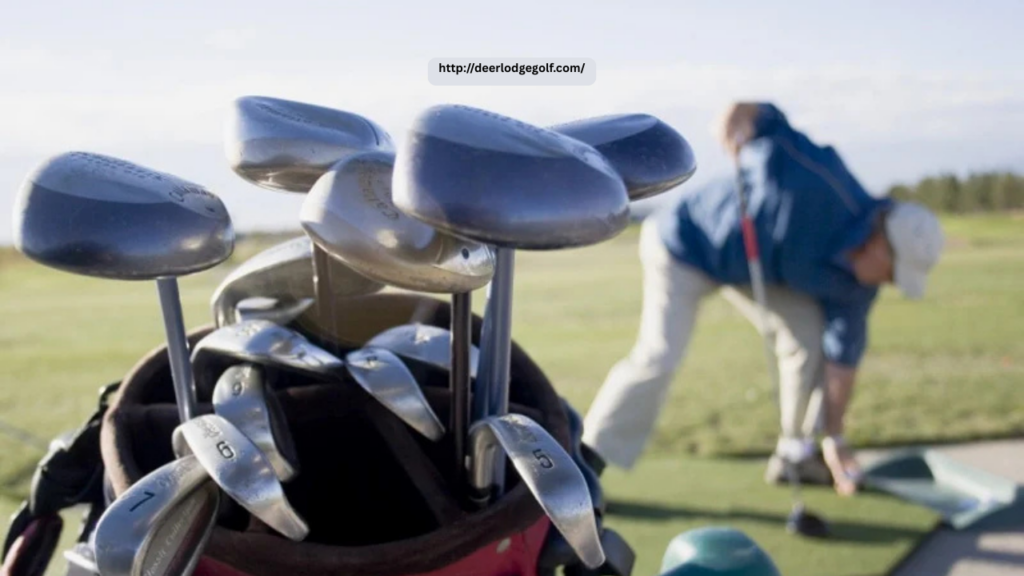Teeing Off Trouble: The Struggles of Powerful Men in Golf and Addiction

Golf has long been considered a gentleman’s game, a sport of patience, precision, and poise. It is also, for many powerful men, a stage for social clout and business strategy. Yet, behind the manicured greens and hushed conversations lies a reality not often spoken aloud: addiction. Whether to alcohol, prescription drugs, or the pressure of perfection, addiction has found fertile ground in the world of golf, particularly among its most powerful figures.
The Intersection of Privilege and Pressure
Men in positions of power within the golf world—from high-ranking executives to elite amateur players and seasoned pros—are often under immense pressure to perform, lead, and maintain appearances. With privilege comes expectation. The clubhouse becomes both a sanctuary and a stage, where vulnerabilities are hidden behind brandy glasses and confident handshakes.
Addiction in these circles often begins subtly. A drink to unwind, a pill for pain, or a late-night bet that becomes a weekly ritual. What starts as a coping mechanism for stress or celebration can quickly evolve into dependency. And for those at the top, where scrutiny is constant and the stakes are high, asking for help can feel like admitting defeat.
A Culture That Enables
Golf’s culture can inadvertently foster addiction. Alcohol is woven into the social fabric of the sport—post-round drinks, charity events, and sponsor dinners are rife with opportunities to overindulge. Combine this with the isolating nature of leadership and the often solitary pursuit of golfing excellence, and it becomes easy for addiction to take hold unnoticed.
Moreover, powerful men often have the means to conceal their struggles. Private doctors, discreet therapists, and inner circles that protect reputations can all delay meaningful intervention. This insulation not only prolongs the problem but can also make recovery more difficult once reality sets in.
The Cost of Control
Addiction doesn’t discriminate based on status. In fact, power can make its grip tighter. Many influential figures in golf have seen their personal and professional lives unravel due to unchecked dependencies. Careers have been derailed, relationships destroyed, and reputations permanently damaged.
Some former players and executives have gone public with their battles, shedding light on the toll addiction has taken and the courage it takes to recover. These stories reveal the humanity behind the polished exteriors, and they underscore a need for more open dialogue within the sport.
Toward a Healthier Fairway
To truly address addiction in golf’s elite spaces, the culture must shift. Wellness should be championed alongside skill, and seeking support should be seen as a strength rather than a weakness. Clubs and organizations can take the lead by providing resources for mental health, encouraging transparency, and reevaluating the role of alcohol in their traditions.
Teeing off trouble means confronting the truth: even the most powerful men are not immune to the quiet pull of addiction. But with awareness, support, and a commitment to change, the game can become a place not just of achievement, but of healing and resilience.